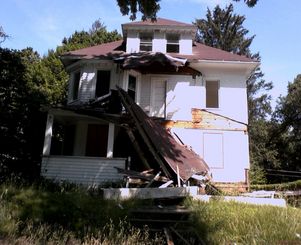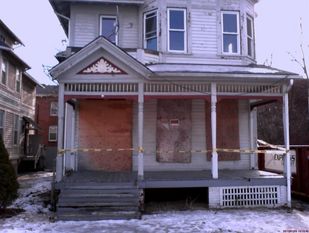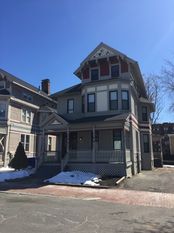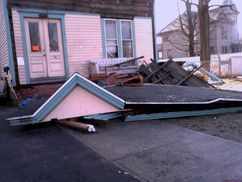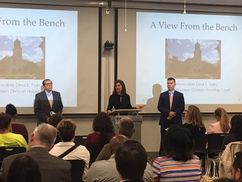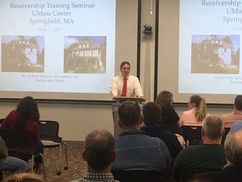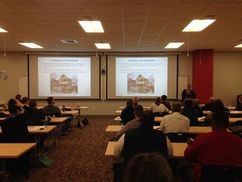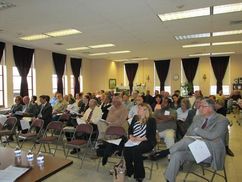38 Leyfred Terrace, Springfield, MA: Before and After Receivership
A Receivership is the use of the statutory power authorized in M.G.L. Chapter 111, Section 127I, to seize buildings to ensure enforcement of the state sanitary code. The law provides for the property to be placed under the control of a judicially supervised receiver who has the power to collect rents, make repairs, and borrow money when necessary.
In a typical scenario the City of Springfield’s Code Enforcement Department, working in conjunction with the law department, petitions the housing court for the appointment of a receiver after having exhausted all other remedies to secure a property’s compliance with health and safety codes. If the court deems the City’s request valid, it then appoints a receiver to step in to stabilize and manage the distressed property. The receiver arranges for repairs and management of the property and funds this through rents or by borrowing money using the statute’s priority lien provision. Receivers may be property management firms, Community Development Corporations, lawyers or other responsible parties qualified by the court. Ideally, a property owner steps back in to take control of the building but in the absence of a responsive owner, the receiver can foreclose on the property to collect outstanding debts. Receivers may place a priority lien on the property for the total costs incurred.
Receivership can expedite a community’s intervention when a property poses a hazard because it has been abandoned and/or when tenants are at risk. Receiverships are part of the City of Springfield’s overall housing strategy and used only when all other efforts to secure the owner’s cooperation have failed.
